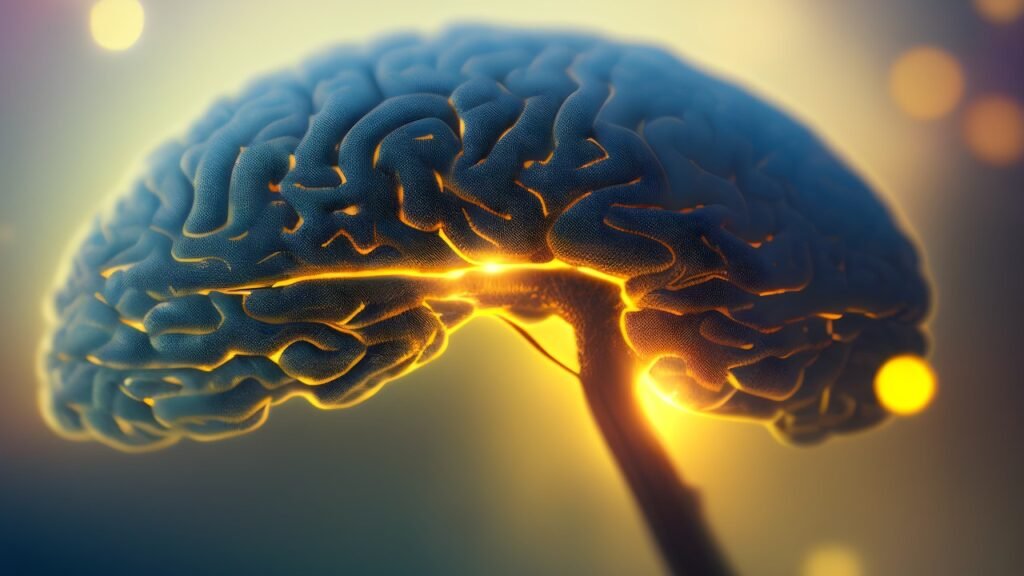As the saying goes, “hearts go where they are appreciated.” But what about our brains? Do they too respond to appreciation, and if so, how? Recent studies suggest that our brains are indeed wired to seek appreciation, and this has significant implications for our well-being, productivity, and relationships.
When we feel appreciated, our brain releases a cocktail of neurotransmitters, including dopamine, serotonin, and endorphins. These chemicals activate the brain’s reward centers, producing feelings of pleasure, satisfaction, and motivation. This is often referred to as the “appreciation response.”
The appreciation response is closely linked to the brain’s default mode network (DMN), which is responsible for introspection, self-reflection, and creativity. When we feel appreciated, our DMN is activated, allowing us to access our creative potential, think more critically, and make better decisions.
A Story of Appreciation
I recall a story about a young artist named Mehlam, who had just started his career. He was working tirelessly to create a name for himself in the competitive art world. Despite his hard work, Mehlam felt unappreciated and undervalued by his colleagues and even his family.
One day, Mehlam’s art teacher, Mrs. Aniqa, took him aside and said, “Mehlam, your work is incredible. Your passion and dedication shine through in every piece you create. I want you to know that I appreciate you, not just as an artist, but as a person.”
Mehlam was taken aback by Mrs. Aniqa’s kind words. No one had ever expressed such genuine appreciation for his work before. Apart from that, his best friend Hurma also appreciated him for his fantastic work.
From that moment on, Mehlam felt a surge of motivation and creativity. He began to produce some of his best work, and his confidence soared.
The Consequences of Lack of Appreciation
On the other hand, when we feel underappreciated or unvalued, our brain responds with a stress response. This triggers the release of cortisol, a hormone that can impair cognitive function, memory, and mood. Chronic stress can even lead to changes in the brain’s structure and function, making it more difficult to experience pleasure, motivation, and satisfaction.
The Power of Appreciation in Relationships
Appreciation is a powerful tool in building and maintaining healthy relationships. When we express gratitude and appreciation towards others, it strengthens our bond, fosters trust, and promotes cooperation. In romantic relationships, appreciation can even increase oxytocin levels, often referred to as the “love hormone.”
Cultivating Appreciation in Our Lives
So, how can we cultivate appreciation in our lives? Here are a few strategies:
1. Practice gratitude: Take time each day to reflect on the things you’re thankful for.
2. Express appreciation: Show gratitude towards others, whether it’s a kind word, a text message, or a small gift.
3. Seek feedback: Ask for feedback from others, and be open to constructive criticism.
4. Celebrate milestones: Acknowledge and celebrate your achievements, no matter how small they may seem.
Conclusion
Our brains, like our hearts, respond to appreciation. When we feel valued and recognized, our brain releases neurotransmitters that promote pleasure, motivation, and creativity. Mehlam’s story is a testament to the power of appreciation. By cultivating appreciation in our lives, we can build stronger relationships, improve our mental health, and unlock our full potential.
